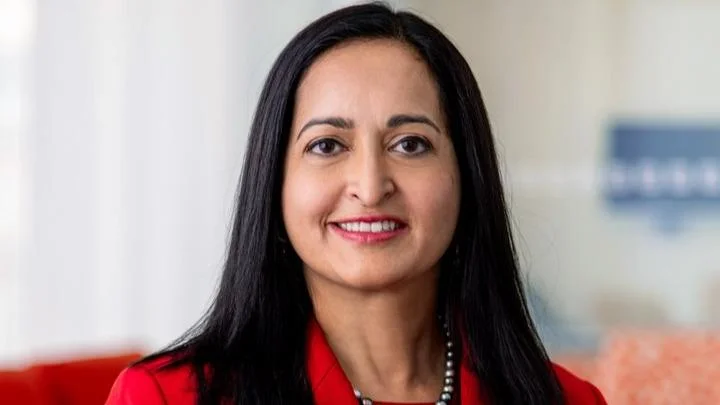
Researchers at Mayo Clinic have established new criteria for a memory-loss syndrome in older adults that specifically impacts the brain's limbic system. It can often be mistaken for Alzheimer's disease. The good news: Limbic-predominant Amnestic Neurodegenerative Syndrome, or LANS, progresses more slowly and has a better prognosis, and is now more clearly defined for doctors working to find answers for memory loss patients.
Prior to the researchers developing clinical criteria published in the journal Brain Communications, the hallmarks of the syndrome could be confirmed only by examining brain tissue after a person's death. The proposed criteria provide a framework for neurologists and other experts to classify the condition in patients living with symptoms, offering a more precise diagnosis and potential treatments. They consider factors such as age, severity of memory impairment, brain scans, and biomarkers indicating the deposits of specific proteins in the brain.
The criteria were developed and validated using data from more than 200 participants in databases for the Mayo Clinic Alzheimer's Disease Research Center, the Mayo Clinic Study of Aging, and the Alzheimer's Disease Neuroimaging Initiative.
Understanding the condition will lead to better management of symptoms and more tailored therapies for patients suffering from this type of cognitive decline, distinct from Alzheimer's disease, says David T. Jones, M.D., a Mayo Clinic neurologist and senior author of the study.
"In our clinical work, we see patients whose memory symptoms appear to mimic Alzheimer's disease," Jones says. "But when you look at their brain imaging or biomarkers, it's clear they don’t have Alzheimer's. Until now, there has not been a specific medical diagnosis to point to; but now we can offer them some answers."
Jones adds that "this research creates a precise framework that other medical professionals can use to care for their patients." He emphasizes its implications for treatment decisions including amyloid-lowering drugs and new clinical trials.
Decades of work to understand and classify different types of dementia is ongoing, says Nick Corriveau-Lecavalier, Ph.D., the paper's first author. These findings build upon scientists' continued efforts to untangle neurological conditions that often have similar symptoms or can occur simultaneously but can have drastically different treatments and prognoses.
"Historically," Corriveau-Lecavalier notes, "you might see someone in their 80s with memory problems and think they may have Alzheimer's disease." He explains that "with this paper we are describing a different syndrome that happens much later in life."
Without signs of Alzheimer's disease, researchers looked at one possible culprit – a buildup of a protein called TDP-43 in the limbic system found in autopsied brain tissue of older adults. Researchers classified these protein deposits as limbic-predominant age-related TDP-43 encephalopathy (LATE). These deposits could be associated with LANS but there are also other likely causes needing further research.
With clinical criteria established by Jones, Corriveau-Lecavalier and co-authors practitioners could soon diagnose LANS so those living with memory loss might better understand options for treatment and potential progression opening doors for further research into characteristics of the disease.
The research was funded by National Institutes of Health grants P30 AG062677, P50 AG016574 U01 AG006786 R37 AG011378 R01 AG041851 along with support from several foundations including Robert Wood Johnson Foundation Elsie Marvin Dekelboum Family Foundation Liston Family Foundation Edson Family Gerald A Henrietta Rauenhorst Foundation Foundation Dr Corinne Schuler.
Drs. Jones and Corriveau-Lecavalier reported no conflicts of interest. A complete list of co-authors financial disclosures is available in manuscript.
Mayo Clinic is a nonprofit organization committed to innovation in clinical practice education research providing compassion expertise answers everyone needs healing visit Mayo Clinic News Network additional Mayo Clinic news.
###